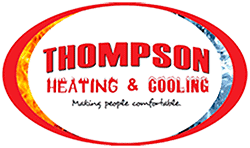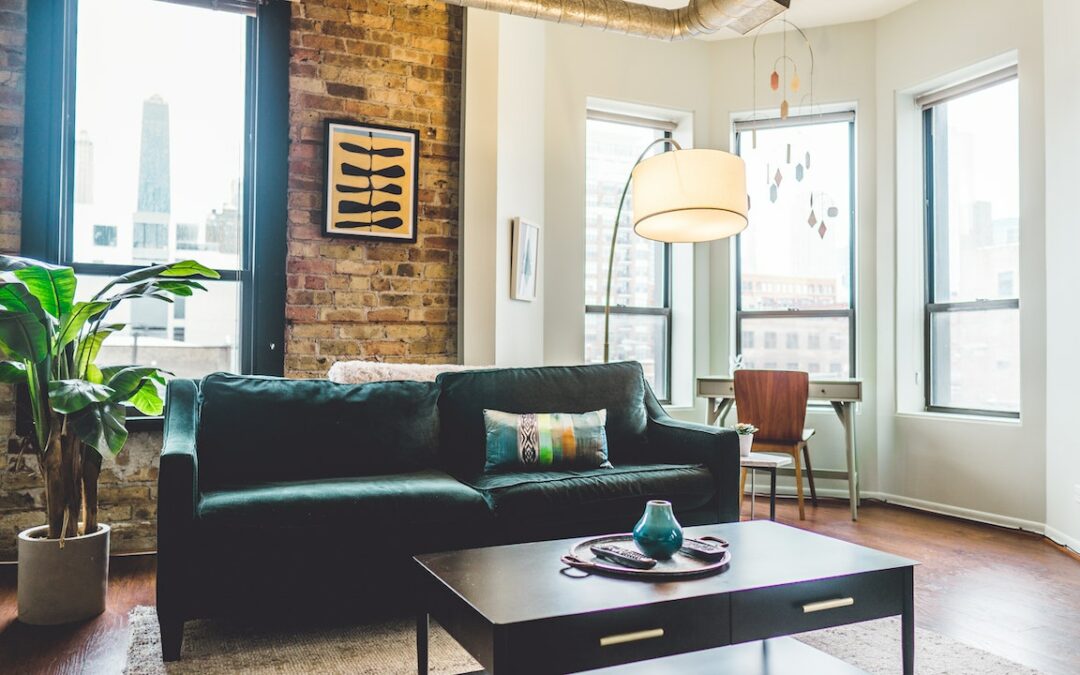Choosing the right heating and cooling system for your home is crucial for maintaining year-round comfort and energy efficiency. Heat pump systems offer a versatile option, providing both heating and cooling in a single unit. Since 2003, Thompson Heating & Cooling has been a trusted provider of quality whole-home comfort services, including heat pump installation, repair, and maintenance for residents in La Grange, Louisville, and the surrounding areas. By partnering with top manufacturers like Ruud and Mitsubishi, Thompson Heating & Cooling ensures that customers receive the best products to meet their unique comfort needs.
In this comprehensive guide to heat pump systems, we will delve into the basics of how heat pumps work, their benefits and drawbacks, and factors to consider when deciding if a heat pump is the right choice for your home. We will discuss:
- The Basics of Heat Pump Operation: Understand the principles behind a heat pump system’s ability to provide both heating and cooling for your home.
- Advantages and Disadvantages of Heat Pumps: Learn about the benefits, such as energy efficiency and year-round comfort, as well as the potential drawbacks of heat pump systems.
- Factors to Consider When Choosing a Heat Pump: Discover essential aspects to evaluate when deciding if a heat pump is the best heating and cooling solution for your home, including climate, energy source, and installation costs.
- Professional Heat Pump Services: Gain insight into the importance of professional installation, repair, and maintenance services to ensure optimal performance, efficiency, and longevity for your heat pump system.
Rely on the experience and expertise of Thompson Heating & Cooling to guide you through selecting, installing, and maintaining a heat pump system that best suits your home’s unique comfort requirements and energy-saving goals. Let’s dive in!
The Basics of Heat Pump Operation
A heat pump system provides both heating and cooling by transferring heat between your home and the outside environment. It operates on the heat transfer principle, allowing it to heat and cool your home efficiently. Here’s a brief overview of how heat pumps work in different seasons:
- Heating Mode: In the heating mode, the heat pump absorbs heat from the outside air or ground and transfers it to your home. Even in cold temperatures, heat is still present outdoors that a heat pump can extract and use to warm your home.
- Cooling Mode: During the cooling mode, the heat pump works in reverse, extracting heat from your home and expelling it outside. This process helps cool the indoors while also dehumidifying the air.
Advantages and Disadvantages of Heat Pumps
Heat pump systems offer various advantages and some potential drawbacks that homeowners should carefully consider:
Advantages:
- Energy Efficiency: Heat pumps are highly energy-efficient since they transfer heat rather than generate it through combustion. This efficiency can lead to lower energy bills and a reduced carbon footprint.
- Year-Round Comfort: As a single unit that provides heating and cooling, a heat pump simplifies your home’s HVAC system while offering consistent comfort throughout the year.
- Environmentally Friendly: Heat pumps rely primarily on electricity, reducing the use of fossil fuels and resulting in lower greenhouse gas emissions compared to traditional heating systems.
- Low Running Costs: Due to their efficient operation, heat pumps can lower utility bills than traditional heating and cooling systems, especially in moderate climates.
- Safety: As heat pumps do not involve combustion, there is no risk of carbon monoxide poisoning or gas leaks, making them a safer choice for home heating.
Disadvantages:
- Limited Heating Capabilities in Extreme Cold: In areas where temperatures regularly drop below freezing. However, modern heat pumps have improved performance in low temperatures, making them suitable for a wider range of climates.
- Upfront Cost: The initial cost of a heat pump system can be higher than traditional HVAC systems, although potential energy savings may offset this investment over time.
- Professional Installation Requirement: Heat pump systems require professional installation and maintenance to ensure optimal performance and efficiency.
Factors to Consider When Choosing a Heat Pump
Keep the following factors in mind when determining if a heat pump is the ideal heating and cooling solution for your home:
- Climate: Heat pumps are best suited for moderate climates, where temperatures do not regularly reach extreme lows. However, some modern heat pumps are designed to perform well even in colder temperatures.
- Energy Source: A heat pump can offer an energy-efficient heating and cooling solution if your home relies on electricity as the primary energy source. If you can access natural gas, a high-efficiency furnace may be more cost-effective in colder climates.
- Installation Costs: Consider the cost of purchasing and installing a heat pump system and weigh it against the potential long-term energy savings. Incentives and rebates may also be available to help offset the initial cost.
- Required Heating and Cooling Capacity: Work with an HVAC professional to determine the appropriate heat pump size and capacity for your home’s needs.
Professional Heat Pump Services
Professional installation, repair, and maintenance services are essential to ensure optimal performance, efficiency, and longevity for your heat pump system:
- Installation: A qualified HVAC professional will evaluate your home’s specific requirements and select the correct heat pump size and type to achieve optimal comfort and efficiency.
- Repair: If your heat pump experiences any issues or malfunctions, a skilled technician can quickly diagnose and repair the problem, minimizing disruptions to your home’s comfort.
- Maintenance: Regular maintenance, such as cleaning filters and checking the refrigerant levels, is vital for optimal heat pump performance, efficiency, and longevity. Schedule annual maintenance with a professional to keep your system running smoothly.
Conclusion
Heat pump systems provide an energy-efficient and versatile solution for home comfort in moderate climates like La Grange and Louisville. Understanding their operation, advantages, and potential drawbacks, as well as considering factors like climate and installation costs, ensures that you make an informed decision that best suits your home’s unique comfort needs.
Trust Thompson Heating & Cooling to provide expert advice, quality heat pump options, and professional installation and maintenance services, ensuring seamless, energy-efficient comfort throughout the year. For all your heating and cooling needs in Louisville, KY, get in touch with us today.






